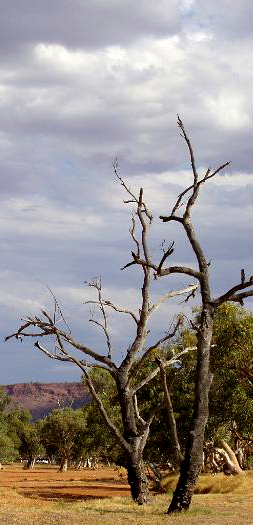Academics lay out river needs
 A new aquifer project could be crucial for water management in the Murray-Darling Basin.
A new aquifer project could be crucial for water management in the Murray-Darling Basin.
Flinders University researchers want to understand how much water is recharged into aquifers and the connection between aquifers and rivers.
The final report of the three-year multi-million-dollar Strategic Groundwater Research Partnership between the Murray-Darling Basin Authority and the National Centre for Groundwater Research and Training (NCGRT), headquartered at Flinders University, calls for improved understanding of hydrologic processes, groundwater models and underpinning data.
Groundwater provides more than 30 per cent of Australia’s total water consumption and generates national economic activity worth in excess of $34 billion a year across agriculture, mining and industry.
NCGRT director Professor Craig Simmons says there are five critical areas of water science and Murray-Darling management that need to be investigated:
- How recharge occurs into groundwater aquifers and how to reduce uncertainty of recharge estimates. This is important because recharge is the input of water into the groundwater system and a key component of the water balance and computer modelling – a crucial component for managing groundwater
- Improving understanding of poorly understood connections between surface water and groundwater. This is critical for conjunctive management of surface water and groundwater. There is the potential for water to be allocated twice if the connections between rivers and aquifers are not properly understood
- Understanding the connections between rivers and aquifers is important for holistic, integrated, conjunctive water management – where surface water and groundwater are considered in the same connected framework
- Improving ways to manage groundwater systems. Whilst recharge is a key component of the water balance, managing groundwater relies on knowing much more than the recharge to the aquifer
- Establishing critical social, economic and environmental triple bottom lines for integrated groundwater management – which involves integrated assessments that include crucial socioeconomic studies








 Print
Print